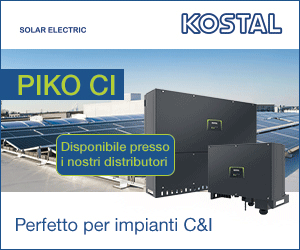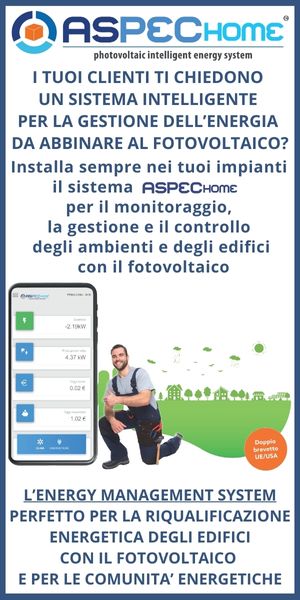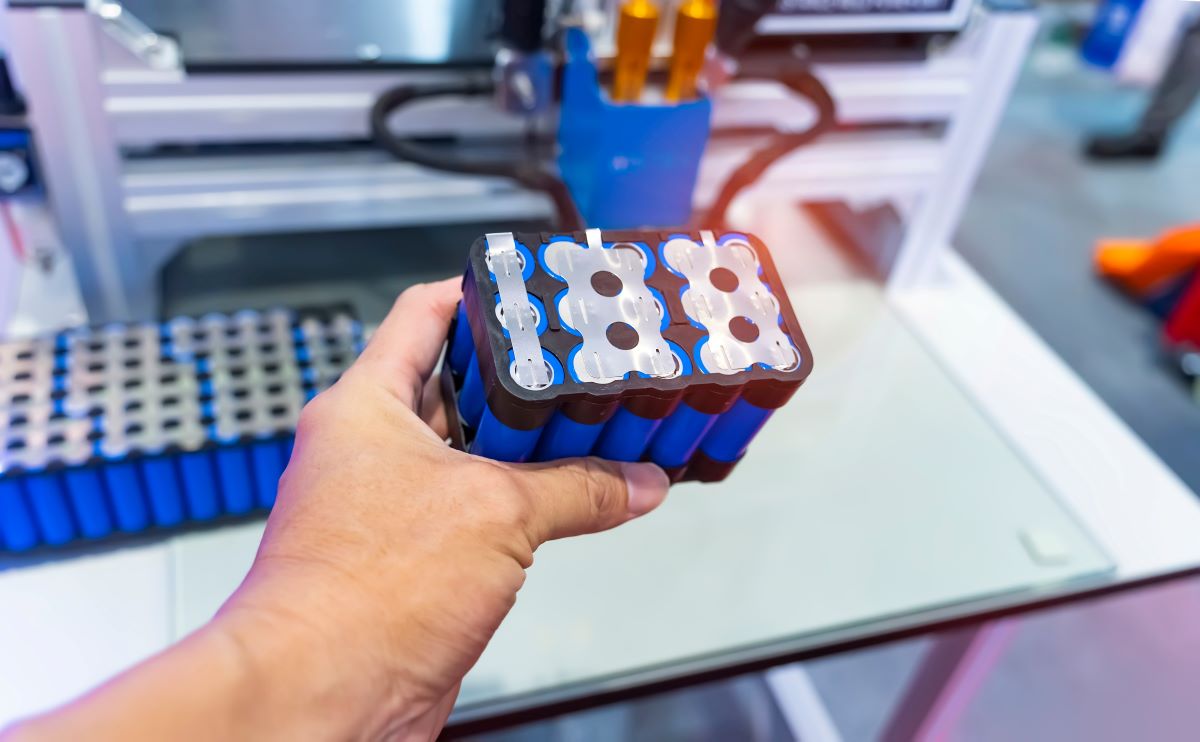A photovoltaic output of 18.2 GW from over 530,000 installed systems: this is the final result of Fifth Conto Energia incentive schemes which ran in Italy from 2005 to 2013, thanks to which Italy is now home to a solar plant network able to fulfil 7% of the country’s electricity requirements.
We know that the race to install photovoltaic systems led to the installation of products which were not always of the highest quality. Adding to this, the conclusion of the Conto Energia incentive schemes and the increased interest in the so-called secondary market (maintenance, energy sales, purchase and sale of systems), it is easy to understand how important it is to act promptly in the event that, after just a few years of use, a plant begins to show the first signs of a lower than anticipated output.
Kiwa, an internationally accredited certification body for the Photovoltaic Solar sector, has created the PV Doctor service, dedicated to technical Due Diligence controls and aimed at plant owners, part manufacturers, insurance companies, law firms, installers, O&M contractors and all other companies operating in the secondary photovoltaic market.
“The types of problems that may arise in photovoltaic systems are very diverse,” explains Luca Votta, Solar Business Line Manager of the Kiwa Group. “These include the snail trail effect, where the serigraphic paste becomes discoloured due to microcracks in the photovoltaic cells, hotspots, malfunctioning diodes or module connectors, the PID (Potential Induced Degradation) effect which occurs when the module presents a difference in potential to Earth or the LID (Light Induced Degradation) effect”.
“Problems can also arise due to improper installation, such as a poorly installed frame which may even cause the module to break in the case of high load. The PV Doctor service from Kiwa combines on-site activities with laboratory testing of faulty products. We can also perform on-site tests to check the working order of sensor systems such as pyranometers and solar radiation sensors without needing to detach the sensors from the system and send them to specially calibrated laboratories. Our service includes the possibility of on-site calibration, avoiding any risks related to shipping, transportation and waiting times”.
The service procedure
First and foremost Kiwa technicians carry out a survey to analyse the system. In the simplest cases anomalies can be resolved on site, whereas for more complex cases samples of some of the installed products will be taken into the laboratory for more in-depth analysis.
In the laboratories electro-luminescence tests are performed to ensure that there are no broken cells and that all of the photovoltaic module strings are connected correctly, hotspot tests, current-voltage curve measurements, mechanical load tests and insulation tests to check the resistance.
“We work on systems starting with outputs of a few hundred kW,” explains Luca Votta. “This type of activity doesn’t usually require a permanent plant. In the last year we have worked on fifty or so plants in Italy, the United Kingdom, Germany and Spain. The need for these types of test carried out by highly qualified and skilled engineers in order to provide effective solutions to problems is increasing sharply throughout Europe, including Italy”.
Some significant examples
“We recently worked on a multi-megawatt rooftop system which was performing below its originally estimated capacity. During our initial survey we immediately recognised some design flaws: the angle and the southern orientation were not ideal. We then carried out laboratory tests on 25 modules (of European manufacture), through which we established that the product was not produced to a high standard: some of the ribbons were poorly connected and some of the bypass diodes didn’t work properly, missing out certain cell strings in the module. Obviously these sorts of problems couldn’t be identified on the installed system. There were also some obvious cracks, probably caused during transportation or installation”.
In another example, during the on-site inspection of another multi-megawatt system Kiwa technicians found numerous modules affected by the so-called snail trail effect. The electro-luminescence test in the laboratory found that there were many inactive cells, suggesting that the problems were caused by the PID effect. During a second phase in the laboratory, PID recovery was performed and the modules regained 60-70% of their original capacity, confirming a significant PID effect.
Most problems occur on modules but inverters can also malfunction. Kiwa worked on a system of different MW in the United Kingdom, where the inverters were installed in a damp environment and the owner of the plant wanted to check that they were working correctly despite the less-than-ideal installation conditions (risk of corrosion of parts, possible malfunctions, etc.).
“We will go back in March to check if the inverters have performed better over the last few months thanks to our recommendations and modifications to the system,” explains Votta. There are also cases where companies engage Kiwa for continual support. For example, a large EPC contractor requires Kiwa to calibrate the sensors (pyranometers, cells, temperature sensors) on all their systems in Italy on an annual basis.
The Kiwa laboratories
PV Doctor is a service provided by Kiwa predominantly for the European and North African market. At its Solar Headquarters in Legnano, the company has an accredited laboratory in accordance with the EN-IEC 61730 (safety), EN-IEC 61215 e EN-IEC 61646 (performance) standards for crystalline and thin-film photovoltaic modules. The company also works in partnership with other laboratories in the global solar energy sector in order to offer a One Stop Shop testing and certification service. In Italy the Kiwa group employs 150 staff, with a total of around 4,500 employees worldwide working in highly technical TIC (Testing – Inspection – Certification) roles.
For more information: www.kiwacermet.it



.jpg)

























